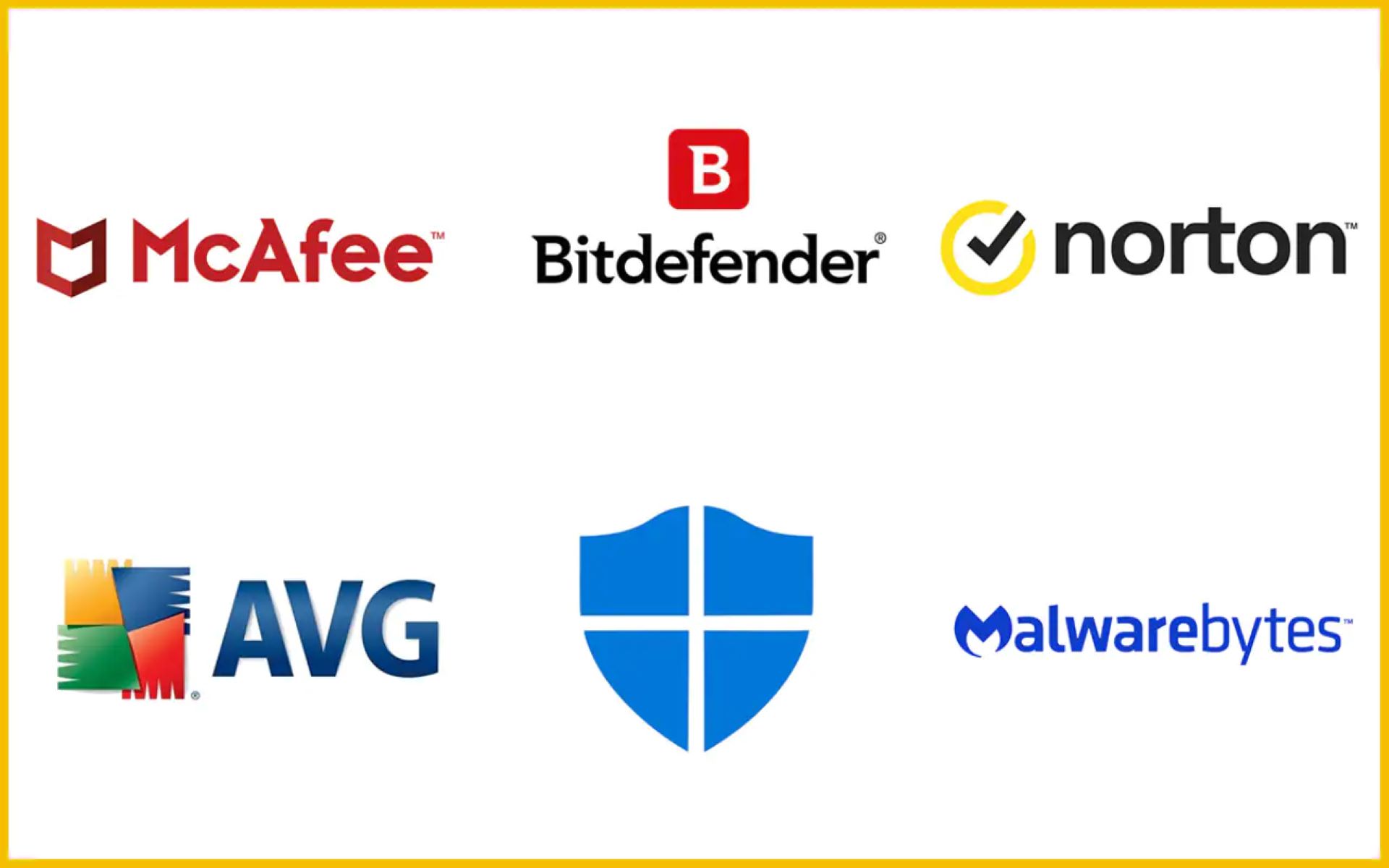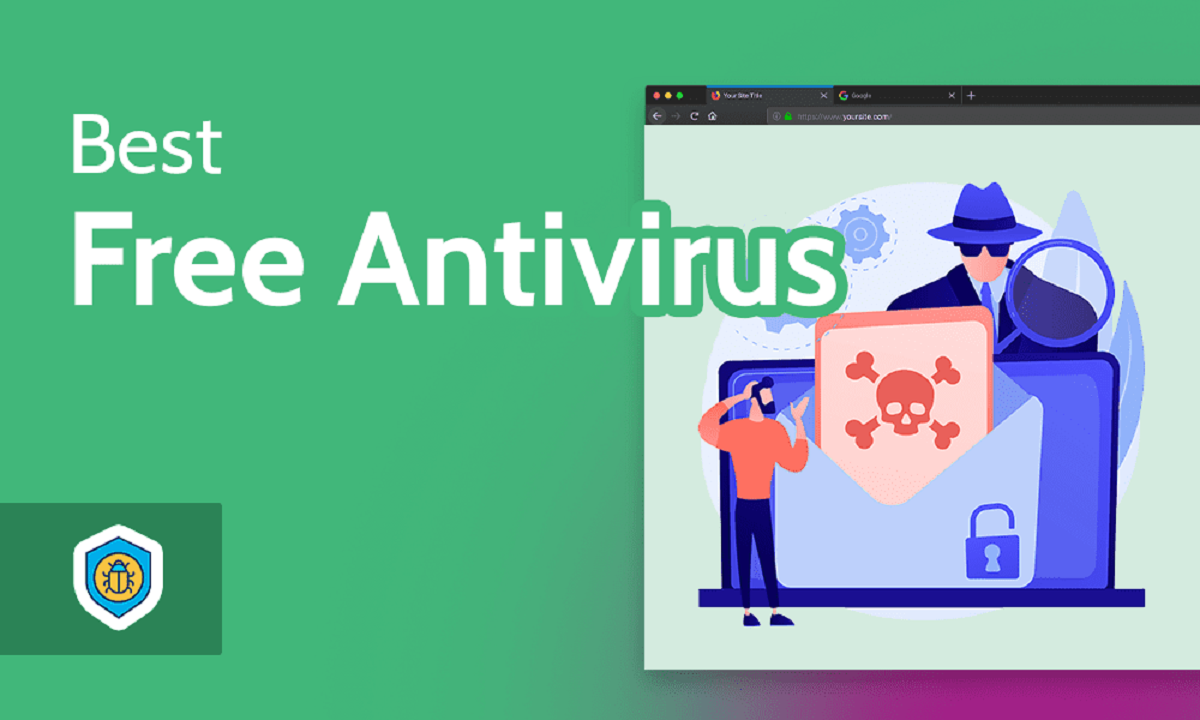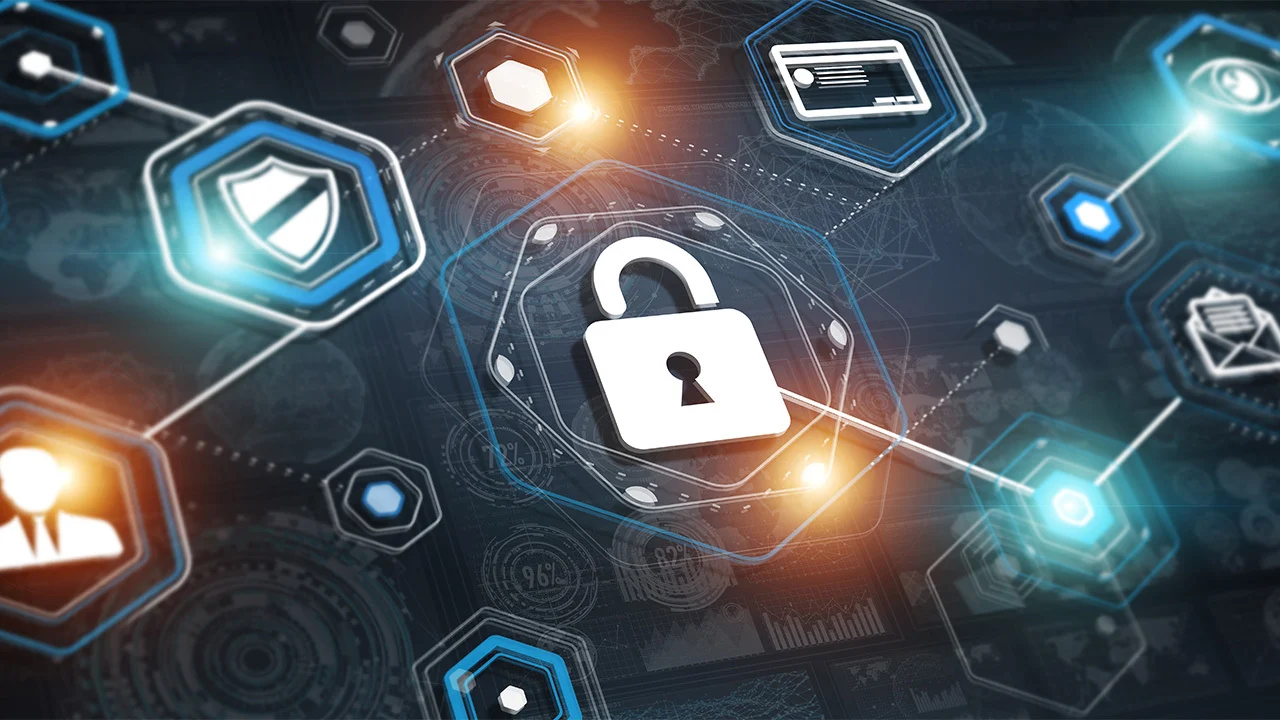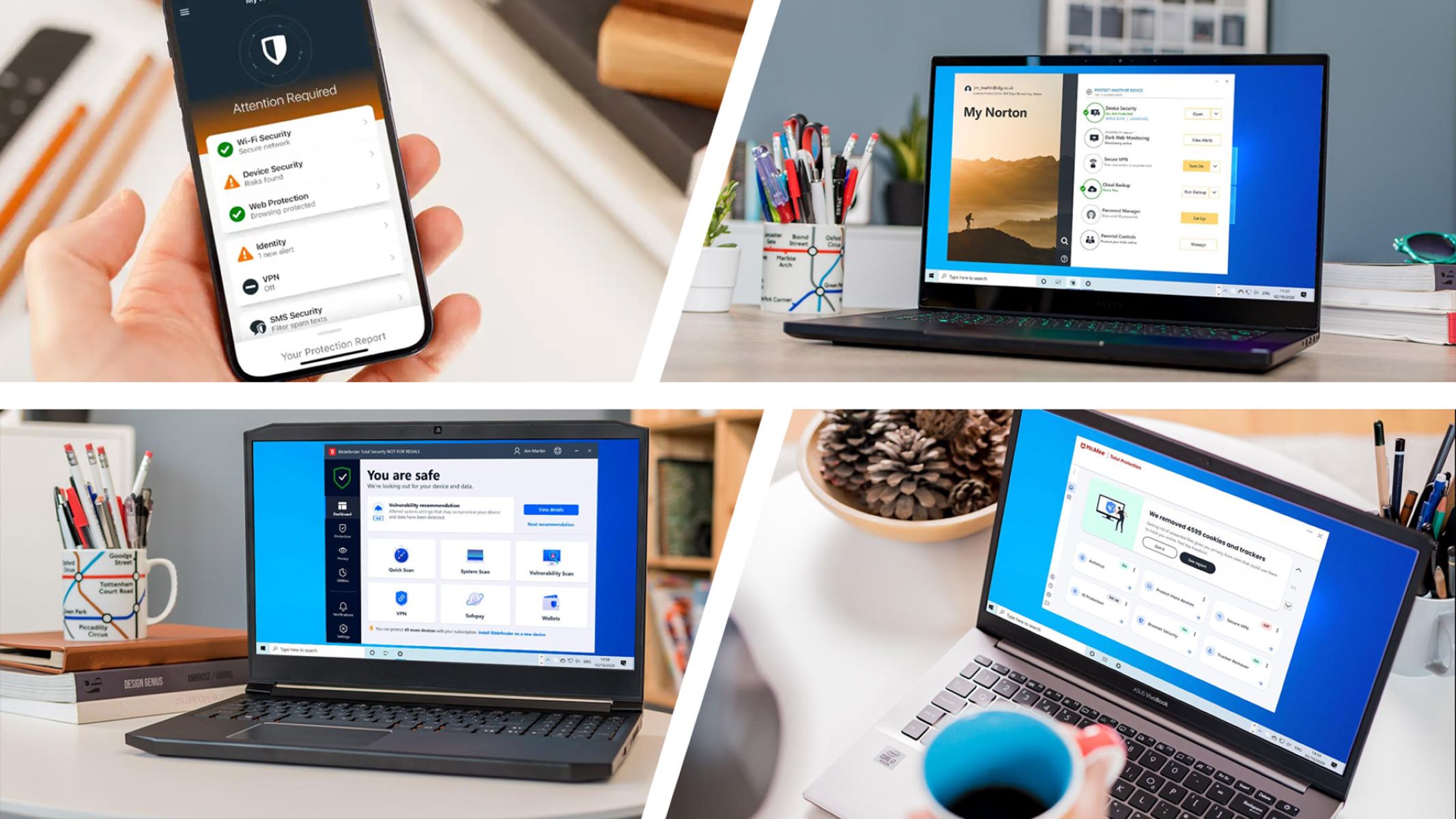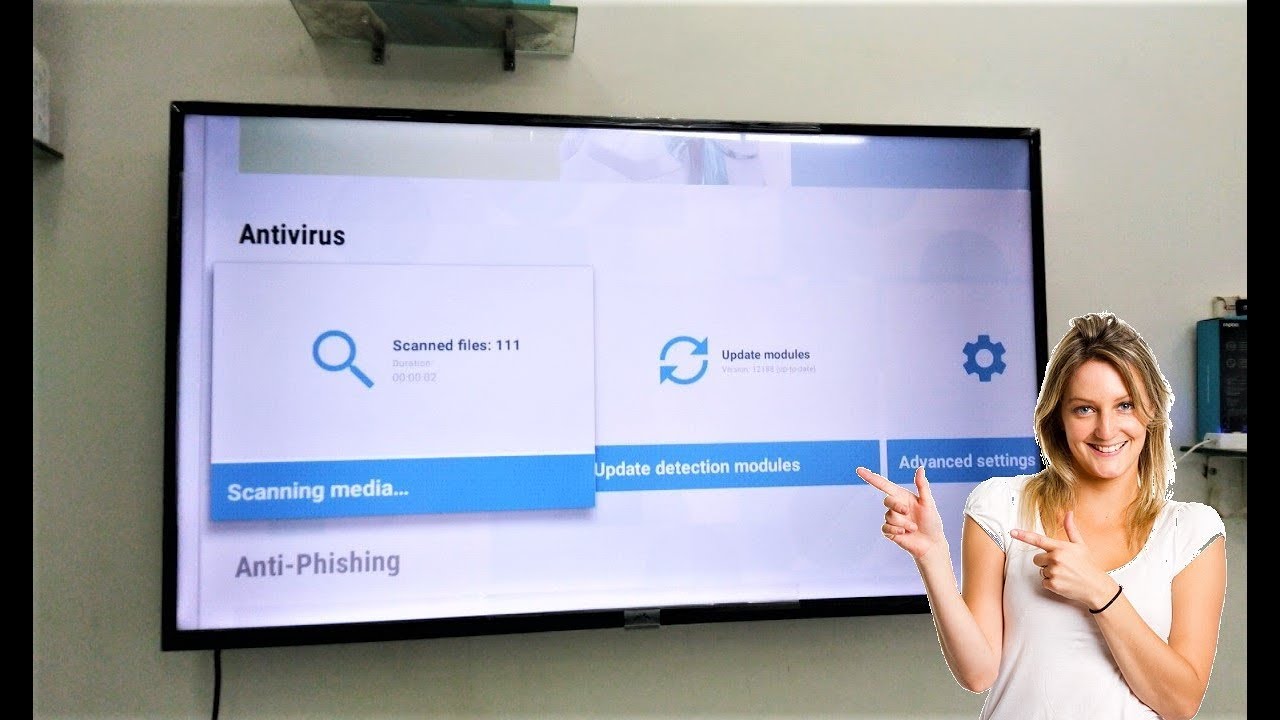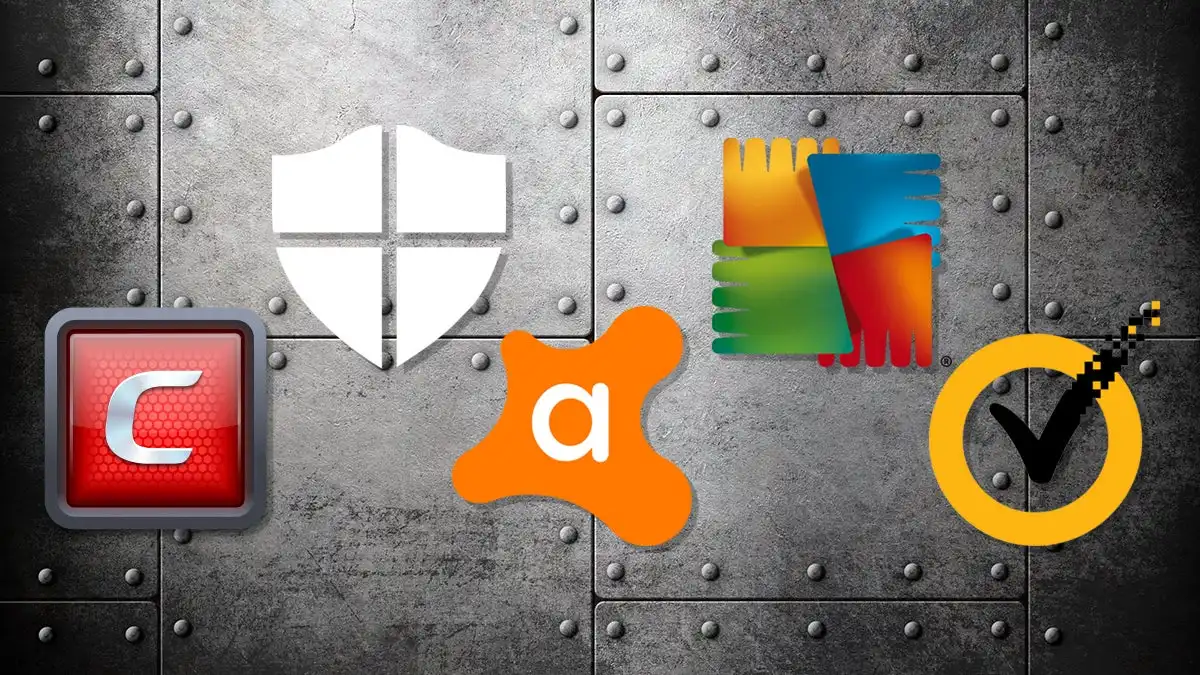Everyone is at risk of cyber threats and digital attacks. Everyone needs to take responsibility for his/her own protection. The first line of defense is reliable antivirus software. In this article, we will provide you with a list of the best free antivirus software and their features. These handy, easy-to-use tools will assist you even in the worst of attacks. And they come at zero cost.
What is antivirus software?


Antivirus software is a set of programs designed to detect and eliminate software viruses and other forms of malware. Malware is the umbrella term that encompasses almost all kinds of computer infections. The most common examples are worms, Trojans, and adware. Other types include spyware, rootkits, ransomware, and viruses.
Antivirus software has evolved to match the rise in demand for internet connection. Over time, they have become one of the most crucial segments of the technology industry and almost all households, firms, and individuals utilize some form of antivirus for their computers. Most antivirus software have similar basic functions of protecting any system from malware and viruses. In particular, almost all of them have automatic and targeted system scanning for folders and files. Antivirus software quarantine or delete malicious files and monitor PC health around the clock. The software conducts regular checks of your computer and online systems for any abnormal behavior and compares these with known malware.
What are the existing threats online?
Computer malware is unwanted programs that can enter a computer system to do harm. It can spread across thousands of computers through a single access point and target specific aspects of your internet and computer usage. Aside from that, it can adapt and evolve at a much faster pace than even antivirus software companies can keep up with.
Malware is fast evolving into a criminal and hostile nature. Web-based malware are often used as a point of attack by cyber-criminals to get into Windows PCs. In particular, they set up “traps” online through fake websites and sign up sheets, and upload malware-infected files and entice you to download them. These malicious files and running scripts can infiltrate your system. Once there, they can lock-up important files, copy your sign-in information, or steal your cryptocurrencies. There’s even new malware that can manipulate antivirus software into turning itself into malware!
What are the signs of an infected computer?
Most malware are designed to remain undetected which makes it hard to figure out whether a malware infection is behind it. However, there are so-called behavioral patterns that can indicate an infected system. If you notice slow computer performance or loss of and/or intermittent internet connection, these are symptoms. Other signs of an infection include unwanted pages that pop-up on your web browser and sudden changes in your computer’s language. Consequently, the most glaring sign is when you receive notifications from your antivirus saying your computer is infected.
Keep in mind that there are other possibilities that could explain your computer’s erratic behavior. In order to figure out why your computer is starting to act like a possessed creature or why your internet is so slow, consider other potential causes such as a full or corrupted hard drive, too many programs running in the background, or any hardware conflicts. As more symptoms show up pointing to infection, the more likely for it to be exactly that.
Why do I need to have antivirus software?
If you use the internet for any purpose, you are already at risk. By means of simple access to the internet, you are exposed to multiple threats on many fronts. And there are countless ways to get infected. You can access infected files through email. You can come across websites that secretly record your sensitive personal information. There are fake web pages that introduce malware to your system. Similarly, they are designed to remain undetected until they have done significant damage. You could even spread the infection to your friends and family.
There is a real, urgent need to keep yourself protected online. Regardless of whether you are a private firm or an individual, you need to follow cybersecurity best practices and download reliable antivirus software. This will prevent your work or home computer systems from infection.
Best Free Antivirus Software in the Market
Many people recognize antivirus software as a basic need and not a luxury. Certainly, anyone whose computer had experienced malware infection at least once will understand. The problem is, most antivirus software are sold for a hefty price and not everyone can afford or are willing to pay for a premium product. Meanwhile, others only want basic features. Incidentally, there are free antivirus software that are completely reliable and functional.
These software packages come with the best of malware detection technology. In addition, they have extra features to address your software security needs. Here are the best free antivirus software available:
1. Avast Free Antivirus


A Wifi inspector provides feedback on whether the passwords you create are secure. It informs you of applications that need updating. Similarly, a Rescue disk serves the purpose of restarting your computer system for when it gets infected with malware. There are also real-time protection features that you can customize to your preference. For instance, you can choose to scan specific items or the entire system, and schedule scans as per your preference.
The free version of Avast uses the same malware detection engines as other packages of Avast. It follows the traditional method for system scanning for malware. To explain, suspicious files are either quarantined, deleted, or sent to an online cloud system. Consequently, the cloud system identifies the threat and provides feedback to your software so it will know what to do. Avast received an Advanced+ rating from the Austrian firm AV-Comparatives on a test-run last October 2019. This is a sign of excellent malware detection capabilities. SE Labs gave Avast an AA certification, the second-highest possible ranking for antivirus software.
The free version takes above average time to run a complete system scan but this only causes a minimal decline in system performance and browsing speed. Renewal of the free version is possible and completely free.
2. AVG Antivirus Free


The free AVG software offers a full-scale basic malware and other features you could want in antivirus software. Besides that, AVG made sure to add system performance and online protection features to the software. These include a performance optimizer, file shredder, safe browser and access to AVG Zen. A safe web browser is designed to keep your online financial transactions private. It keeps you away from unsafe websites. A file shredder functions much like a secure erase tool that leaves no traces of deleted files.
AVG doesn’t have as many extra features as Avast, but it offers the same antivirus protection properties. It is able to locate and remove existing malware. In contrast, it has a small probability of mislabeling harmless websites, but this is rare. AVG Antivirus received an Advanced+ rating from the Austrian firm AV-Comparatives on a test-run last October 2019. SE Labs gave AVG an AA certification, the second-highest possible ranking for antivirus software.
The AVG user interface uses a dark black background and bright neon green icons. The user interface of this software is similar to Avast. However, it appears to be a simpler version of it. The health overview of your computer is displayed on the main page, while system options are located on the left panel for ease of access.
AVG does not drain your system resources while running a complete or quick scan. This means you can expect a minimal or nonexistent decline in system performance. This is also notwithstanding the total time that deep scans and complete system scans can take. It is able to deliver excellent performance despite having a limited list of extra features. The software is compatible with all Windows, Apple Mac, and Android devices.
3. Bitdefender Free Edition


This free version of Bitdefender has all the essential functions to defend you against malware. Actually, the term essential seems like an understatement for this software. In fact, it has one of the strongest algorithms for protecting your sensitive data from any malware and other viruses.
The software benefits from its parent software’s excellent malware protection capabilities. Bitdefender conducts a quick or complete system scan to prevent malware from getting in. This is done to prevent existing malware from interfering with the installation process. The software has excellent anti-phishing capabilities. It prevents you from providing personal and financial information to malware-carrying websites.
Bitdefender provides real-time help for your web surfing activities. It sends previously undetected malware and malicious files to a cloud system. The cloud system analyzes the file and adds the information into the existing malware database. Bitdefender received an Advanced+ rating from the Austrian firm AV-Comparatives. In addition, it received the highest protection rating of 100%. This indicates an excellent performance against malware. Unfortunately, there’s no quick system scan or scan scheduling feature for the free version of Bitdefender. In spite of this, it could have a benefit of encouraging you to start a complete system scan once in a while.
Bitdefender has a dark black background and green and white-colored icons and fonts. The color scheme can be a little distracting for some, but the design is in fact minimalist upon closer inspection. The user interface appears straightforward and focused on malware protection with very limited buttons for extra features. Nonetheless, there are extra Bitdefender tools available online should you want added functionality. These tools will work well to complement the basic features of your antivirus software.
4. Avira Free Antivirus 2018


Avira offers excellent antivirus protection against all types of malware online and offline. It scans malicious websites and files online for real-time threats. You are also given multiple options to scan files. These include quick scans, complete scans, or custom scans. You have the ability to select scan schedules as per preference. Avira received an Advanced rating from the Austrian firm AV-Comparatives. In addition, it received an above-average protection rate of 91%. SE Labs gave Avira a AAA certification, the highest possible ranking for antivirus software. In brief, both ratings are an indication of a great performance against malware. The installation process triggers an automated system scan. The installation scan prevents existing malware from interfering with the installation process.
It has a simple and easy to understand user interface. The design is a simple white background and red icons. Other features of the software are on the main page to make them easy to understand.
Extra tools include those that update your software and manage your password. A free VPN also keeps your internet connection secure. In particular, it obscures your location and personal information to prevent tracking.
There are options to make the software more to your preference. You can change general and default settings for PC protection. The same is true for internet protection settings and general settings. Optional add-on tools are available for installation. The same tools are best for optimizing your computer performance. In addition, there is a system overview on the main page that will let you know if there are any security issues. The same interface also lets you know all the actions taken by your antivirus. All these capabilities make Avira a recommended antivirus software.
5. Sophos Home Free Antivirus


Sophos is one of the lesser-known anti-virus software. Despite this, it seems to be a great antivirus product and we are including it here. This software is great in terms of malware protection as it can detect specific malware attacks including phishing malware and ransomware. An automated system scan is triggered by the installation process. The installation scan prevents existing malware from interfering with the installation process.
Potentially dangerous websites are blocked and downloaded files are scanned. Admittedly, it could use some improvements in detecting malicious websites. Our main concern, however, is the quality of its scanning activities. Sophos earned a well-deserved AAA certification from SE Labs. This is the highest possible ranking for antivirus software.
Sophos has a unique feature that allows three devices to be connected to an online network. An administrator can conduct remote monitoring and protection. The system administrator with the password to the online console can act on any potential infection on connected devices. This remote management of multiple devices is a great addition to the set of features. Apart from this, there are advanced options that allow you to rescue harmless files that have been mislabeled as malware.
The software probably has the simplest user interface. To illustrate, it uses a simple white background with black and blue font. The user interface readily shows the system protection status, along with scans and recent activities. The scan button automatically conducts a complete system scan. Contrary to most antivirus software, there are no options for other types of scans. However, you can still schedule system scans. With all its basic features and added features, Sophos is a highly recommended antivirus software.
6. CheckPoint Zone Alarm Free 2017


The malware protection features of Zone Alarm are above average. It follows strict protocols for malware and deletes confirmed malware. It blocks potentially harmful files and requests your permission to delete them. Although it’s not able to scan emails and web activities, it does scan downloaded files. By default, the malware protection feature conducts a system scan at any access. Unfortunately, there are no options to alter system scan schedules. But it does allow you to schedule scans. Notwithstanding, its firewall system is able to accurately detect and keep out the majority of known threats online.
In addition, the software is able to detect other antivirus software. There are options to limit real-time protection features. This is to avoid conflict with other software. A stealthy file scanning feature detects and removes downloaded files that contain malware. It also makes a distinction between safe zones and a public zone. Firewall settings change to adapts to environmental changes. It protects your system from unauthorized access by new wireless networks.
Zone Alarm has a simple white background, light green icons, and black font. The user interface is simple and straightforward. It readily shows the three main features on the main page: Antivirus, Firewall, and Identity Protection. Being free software, we can’t expect Zone Alarm to execute the same level of performance as well-known brands. For this reason, we can say that its malware and firewall protection abilities are at par with industry standards.
Final thoughts on The Best Free Antivirus Software












